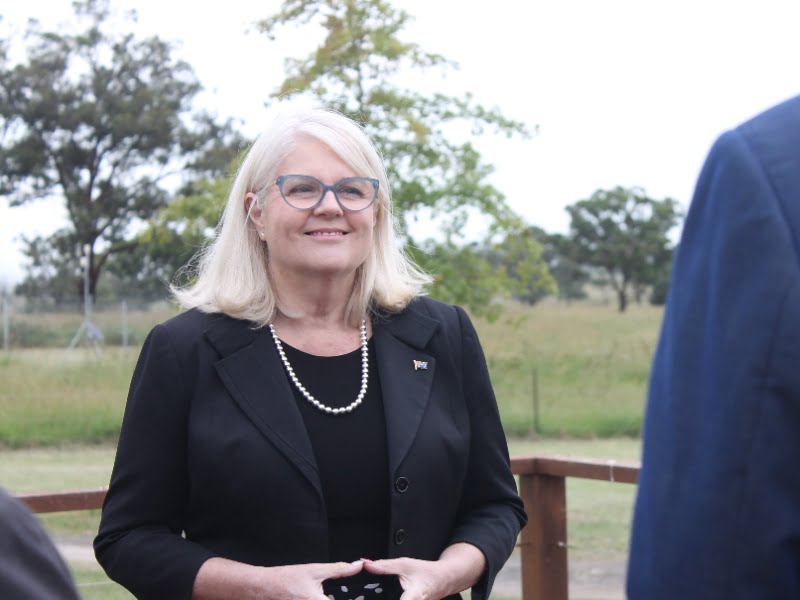
Federal government Outsourced more than $5 million in technical work to manage its one-year international travel exemption, including large IT contracts that only consider a single provider.
In March last year, multinational partners Fujitsu and ServiceNow won a contract worth more than US$5.5 million to develop a platform that includes the Ministry of the Interior’s Travel Exemption Portal (TEP).
As part of a $7 million contract with the department, the Australian company Service Potential is managing the portal. The contract states that data access is limited to border guard staff and approved users.
Since March 2020, Australia’s borders have been closed to non-citizens and non-residents to reduce the spread of the coronavirus. Citizens, residents, and others who are considered exempt for compassionate reasons or providing “critical services” need to be quarantined for 14 days, while outbound travel is also restricted.
TEP was established by the Ministry of the Interior at that time as a database for managing exemption applications and related data.
The database was established through a small transaction with ServiceNow, a US software provider, but soon a platform was established under a multi-million-dollar contract for it to run and to be run by a contractor.
Last week, Interior Minister Karen Andrews outlined the details of outsourcing arrangements when answering a question from the Labour Party on how to manage travel exemption data.
In mid-March last year, the Ministry of the Interior began signing an initial $1 million contract with Service Potential, a Canberra-based company that is the country’s only dedicated Federal Government ServiceNow partner.
Two weeks later, the department signed a separate contract worth US$3.7 million with Fujitsu, another global partner of ServiceNow. According to the minister’s response, the multinational cloud provider is the only company approached by the company because it is the only recognized ServiceNow cloud provider with a protected security classification level.
A month later, a small transaction was officially signed with ServiceNow for a software module dedicated to TEP at a price of US$87,000.
In the next 12 months, the value of Fujitsu’s contract increased to more than US$4.5 million, and the value of ServiceNow jumped to 10 times its original value, as the contract was extended and modified multiple times due to the closure of the border.
Service Potential’s initial $1 million contract has been extended to 2022, and it has surged to more than $7.4 million. It continues to provide support to TEP as part of a series of professional services provided to the department.
A spokesperson for the Ministry of the Interior said that service potential and Fujitsu contracts were in place before TEP was established, covering “various functions” within the department.
“According to the contracts signed with these companies, the Ministry of the Interior hired Fujitsu and Service Potential to contribute to the Travel Exemption Portal and to develop and manage the serviceNow platform for the department.”
Fujitsu’s contract was revised five times to increase the value and duration of the contract, and it ended in March this year. A few days later, a new 14-month contract was signed with the multinational company at a price of 9.7 million U.S. dollars. The new contract covers the platform of the ongoing TEP, and the value has been tripled.
The Service Potential contract has been revised eight times and is currently valid until June next year.
The spokesperson said that the one-year contract with the software provider ServiceNow was not renewed or replaced because it was “only for implementation and has been completed.”
The Labor Party also sought answers from the Minister of the Interior on the security and privacy of application data collected through TEP.
According to her response, the data is consistent with the protective security policy framework and the information security manual in a sovereign data center that is consistent with the government custody certification framework.
Fujitsu’s data centers in Western Sydney and Homebush have received “strategic” certification-the highest level under the framework-but only reached this level in June of this year.
“The data is stored on the ServiceNow cloud, which is classified as official: sensitive,” Ms. Andrews said in response.
“These data centers are located in Australia. System data is restricted by system roles, must be granted by the department, and can only be accessed by people who have obtained employment suitability permits.”
The personal information collected may be disclosed to other federal, state, and territory government agencies, law enforcement agencies, contracted service providers, and airlines. But “the travel exemption data will not be transferred to external companies.” As part of its responsibilities, the staff of the internal border troops can also access the data.
Do you know more? Contact James Riley via email.
#Information #technology #costs #closed #boundaries
More from Source